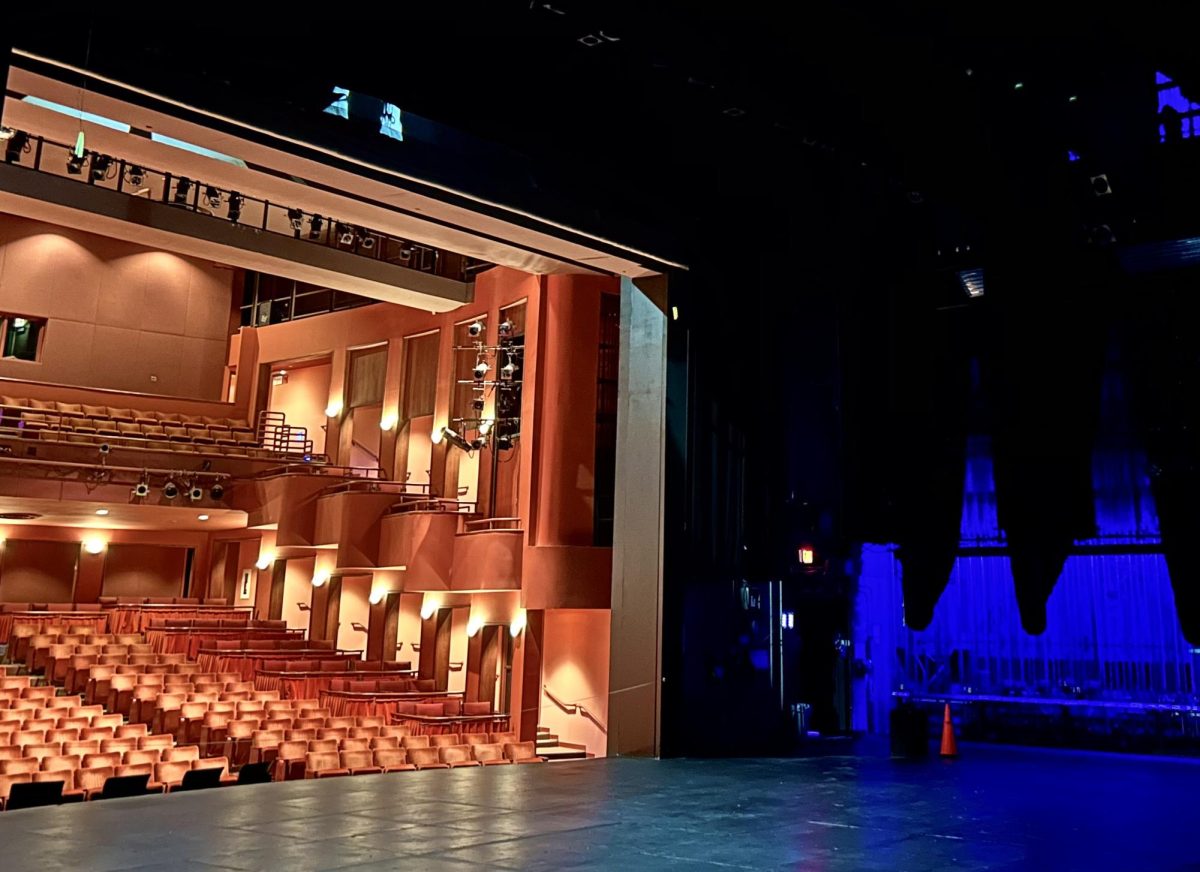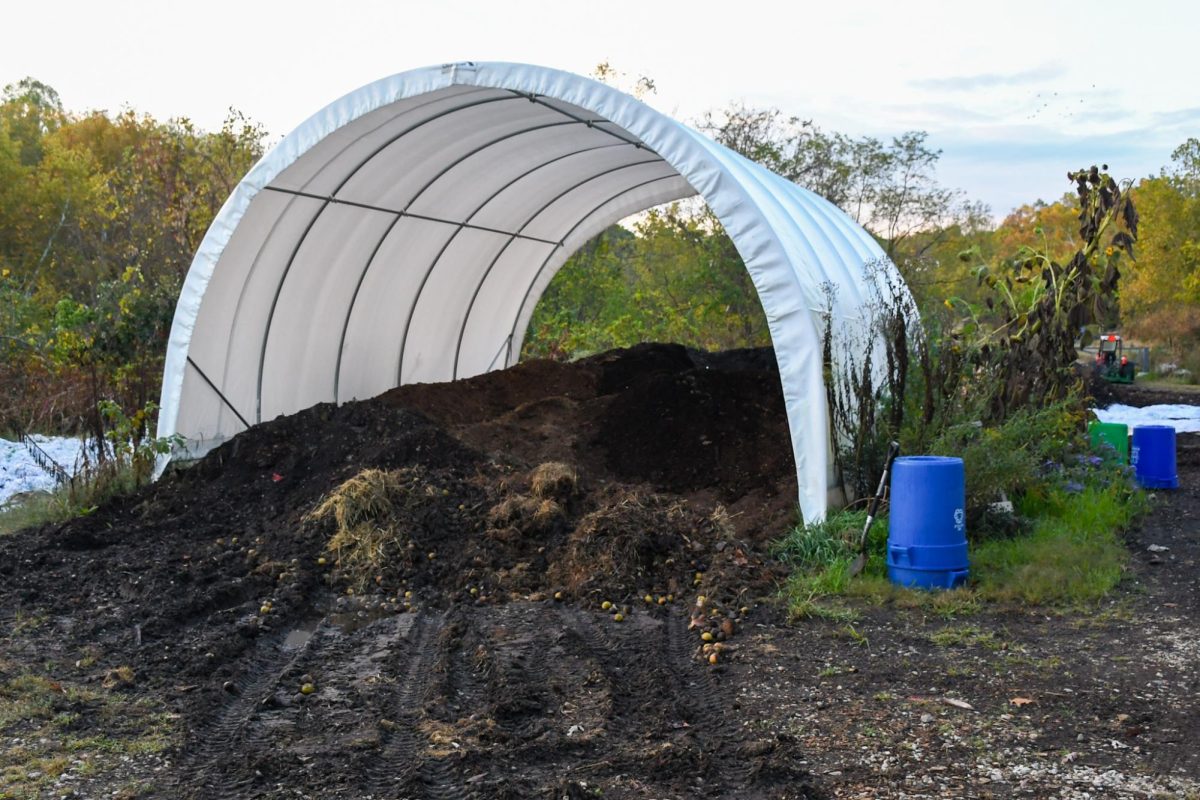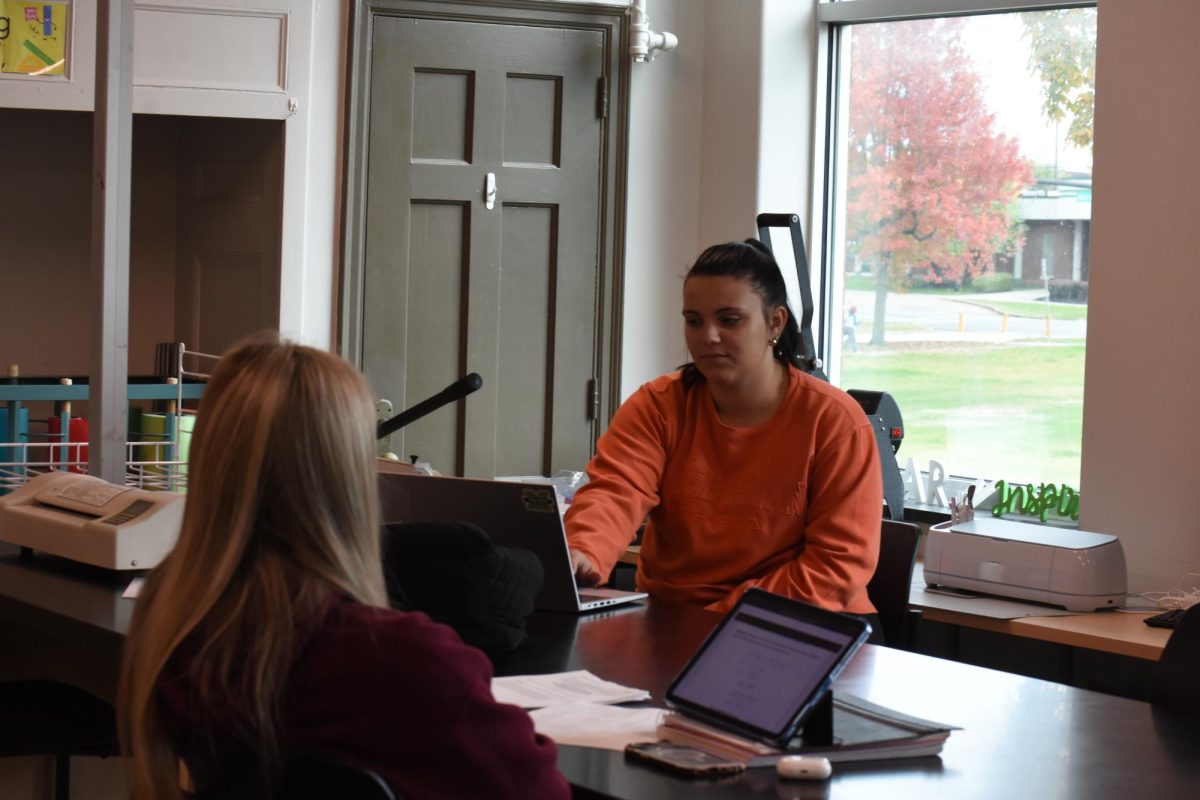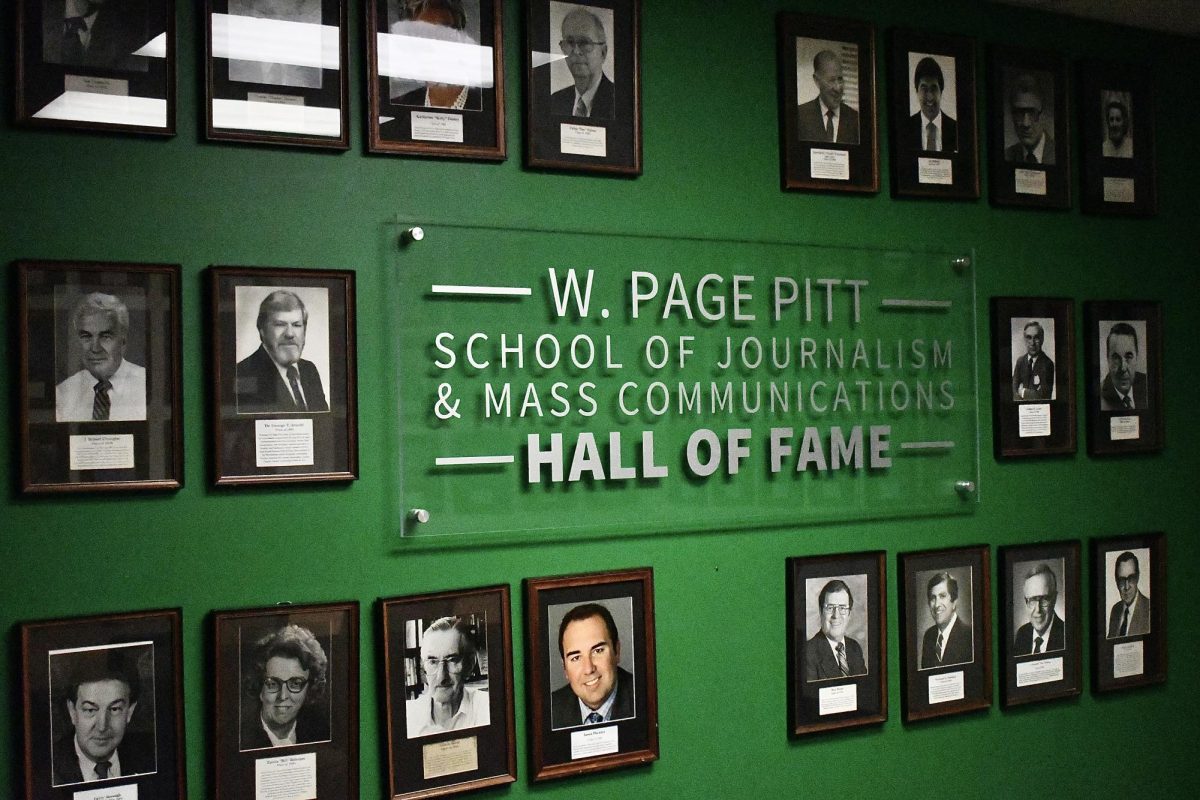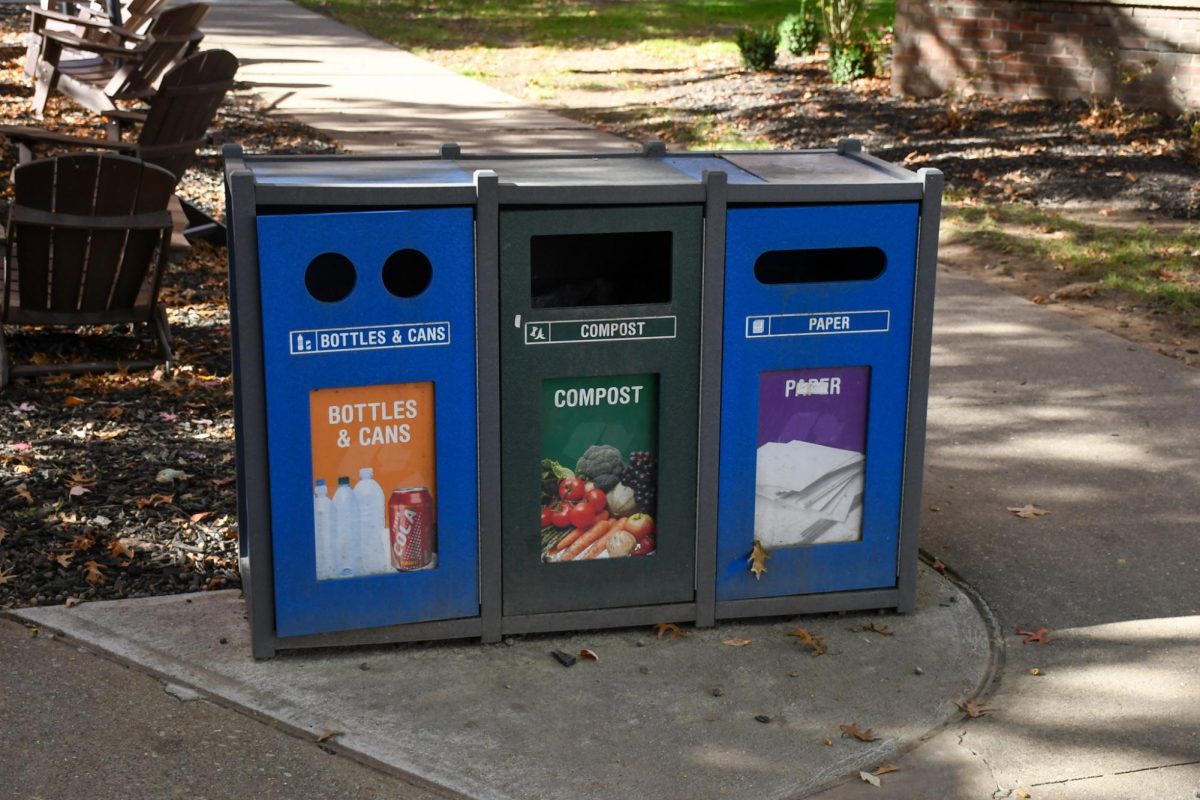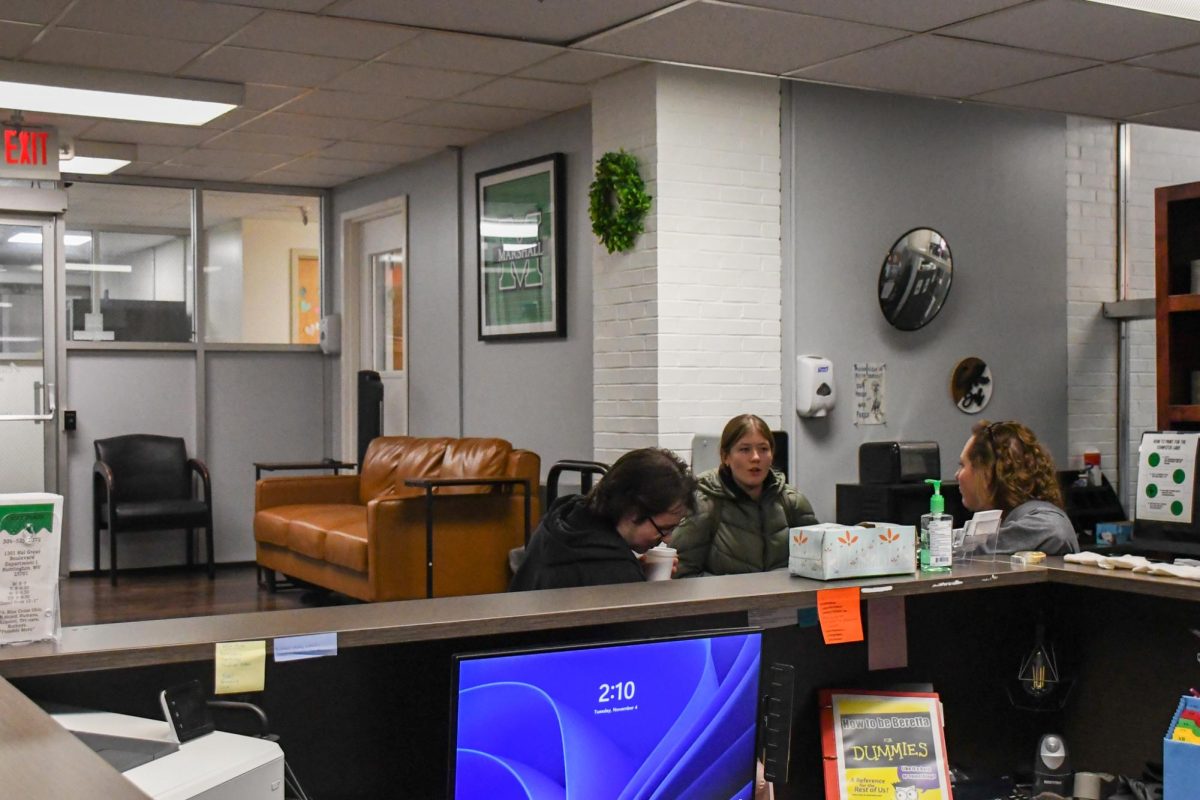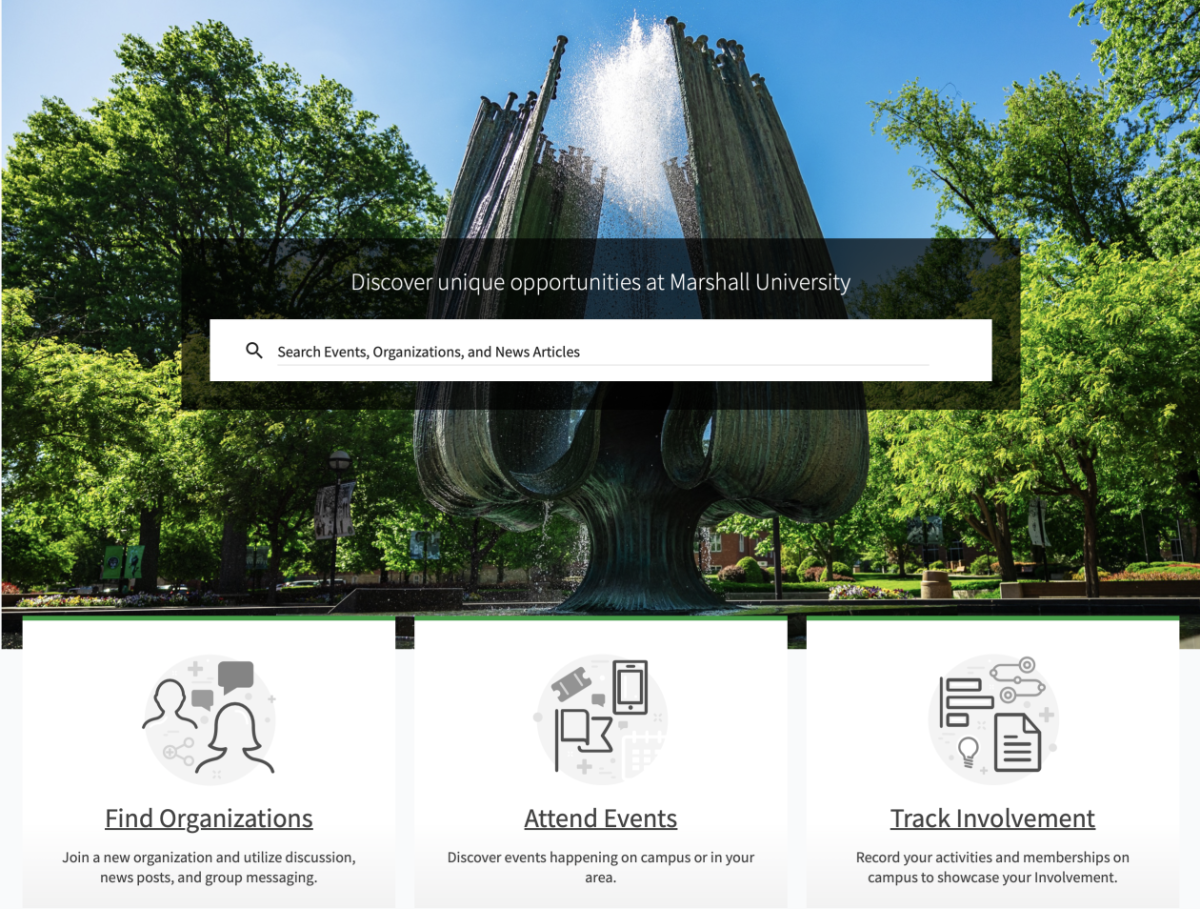Even with a slight increase in tuition, the chief financial officer said Marshall University is still one of the cheapest universities to attend in West Virginia.
Marshall University sent out a news release stating the Board of Governors approved a 2.5% increase in tuition for in-state undergraduate and graduate students and a 3% in their housing and dining prices.
Matt Tidd, Marshall’s chief financial officer, said the reason for the higher increase in dining and housing was partially due to contracts with Sodexo.
“Dining runs through Sodexo, so there’s a contractual obligation to that,” Tidd said.
“They make some of those pricing decisions in conjunction with us. We’re producing very little outside of those contracts in terms of revenue for the university as a service for the students.”
Tidd said the reason for not increasing non-resident and metro rates was that the university wanted to look viable for potential students in those areas. He said metro rates decreased by 11% the previous year, and, although there was a risk of decreased revenue, the university saw an increase in metro students for this school year.
In the news release, Marshall President Brad D. Smith said the price increase is under current inflation rates.
“We are grounded in our principle to grow students and not fees, so the tuition and fees increase that was approved today is very modest—below current inflation,” Smith said in the release.
“Inflation sits probably anywhere between 3.5 to 4%,” Tidd said. “We’re still below inflation on almost everything.”
Tidd said this was important because students need financially obtainable resources. In doing so, the university also sees a potential rise in revenue.
Tidd said even though the changes to the FAFSA are causing issues for those applying, Marshall University is still expecting an enrollment growth next semester.
In the news release, Smith said all employees will receive a $1,000 payment and a 1% increase to their base pay.
Tidd said this was done through a $3.3 million fund from the state legislature. He said the payment and increase will be given to any employee on campus who is not on a contract. Tidd also said a $1 million pool of money is being generated to bring staff up to their market pay.
The news release stated the pool of $1 million is a part of the university’s Save to Serve program.
Tidd said the university has been operating in a deficit. Marshall University went into the 2024 fiscal year with a $28 million deficit but has been able to improve by $5 million.
Tidd said Marshall’s spread of students is unique. While most universities will have a 60% out-of-state and 40% in-state spread, Marshall is predominantly attended by in-state residents.
“We’re serving a region that the students don’t have a lot of resources,” Tidd said. “We have to keep those prices low to help serve the students here in this region.”
Tidd said even with the increase in tuition, Marshall University is still the cheapest university to attend in West Virginia. Alongside that, Marshall is also the cheapest R2 research university to attend.
“We have looked at a bunch of different peer groups and our pricing,” Tidd said. “It’s always at the bottom as a valuable proposition for any student looking for a good education.”











